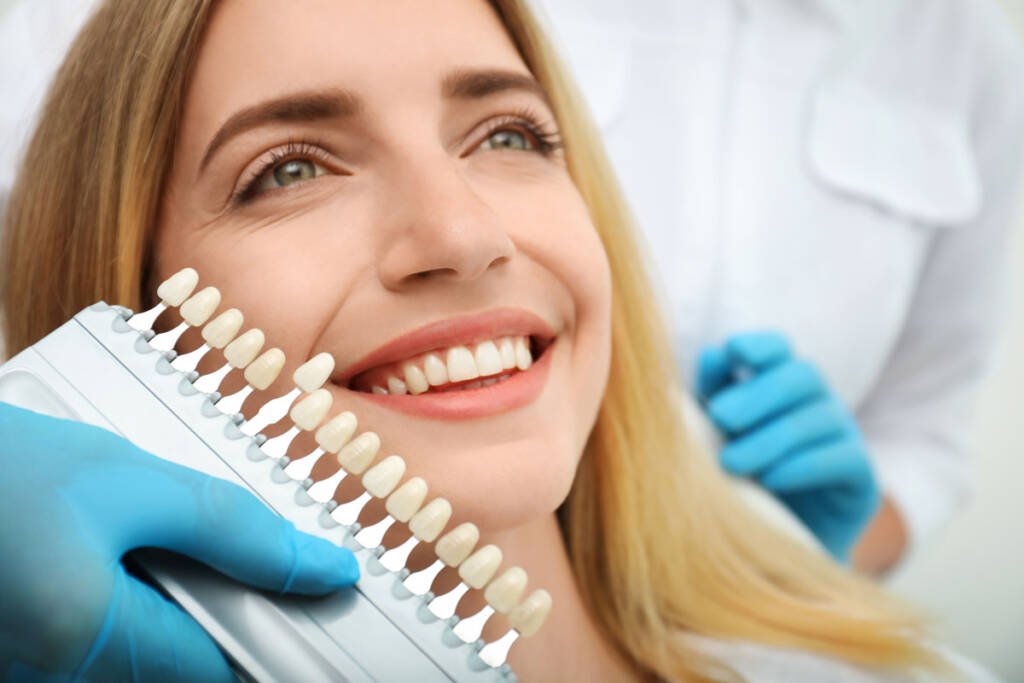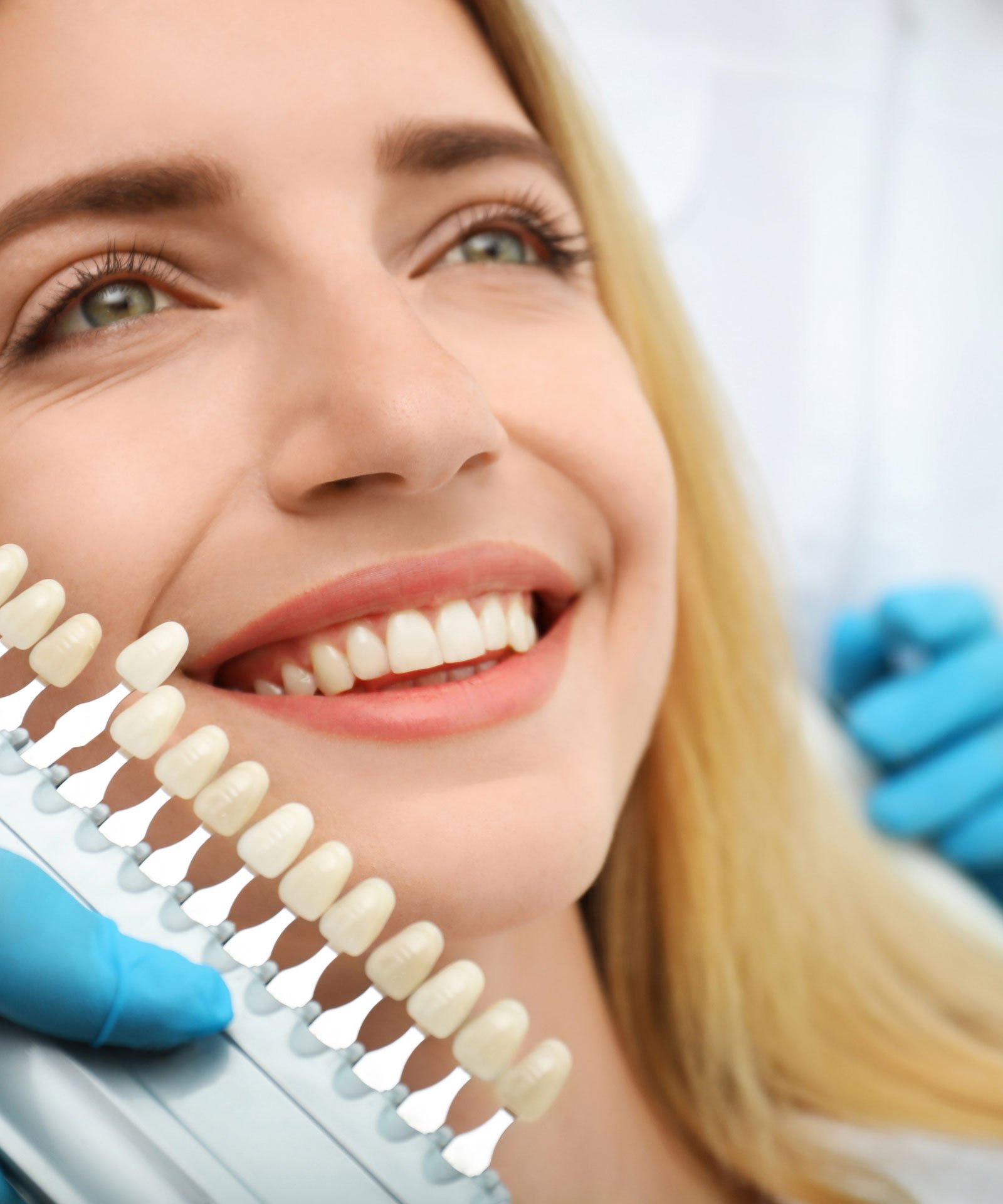
Oral and maxillofacial surgery deals with the diagnosis and surgical treatment of all kinds of disorders of soft and hard tissues in the mouth, such as teeth, jawbone, jaw joint. Depending on the type of procedure, it can be performed under local anaesthesia or sedation in the clinic environment or under general anaesthesia in the operating theatre environment.
What is tooth extraction?
Extraction may be required for teeth that do not respond to treatment methods, cannot be saved with filling and canal treatments as a result of caries and inflammation, due to space limitation in orthodontic treatment, as a result of trauma and impacted wisdom teeth.
What is a wisdom tooth?
It is the third molar in the tooth row, which usually erupts in the twenties. Depending on the space limitation in the jaw, bone density and the direction of eruption, it can be found in the mouth in a semi-embedded or fully embedded state. In cases where a part of the tooth is covered with gum, infection and facial swelling are frequently seen. Not every wisdom tooth may need to be extracted. If they are completely replaced in the mouth, can be cleaned easily, and do not cause the patient to bite the cheek or tongue involuntarily, they do not need to be extracted.
Things to consider before tooth extraction
Any systemic conditions (e.g. heart disease, diabetes, high blood pressure) and medication must be fully disclosed to the doctor. You should be full before tooth extraction. Teeth should be brushed and rinsed with an antiseptic mouthwash. This reduces the risk of post-extraction inflammation.
Things to consider after tooth extraction
The gauze placed in the mouth should be kept in the mouth for 1 hour without moving it. Swallowing should be continued after the extraction. Rinsing, spitting and gargling should not be done. Continuous spitting prevents the formation of a blood clot and bleeding continues and healing is adversely affected. At the end of 1 hour, gauze is removed, if bleeding continues, a new gauze is placed on the wound. In the first 24 hours, teeth can be brushed except the wound area. On the 2nd day, all areas can be brushed softly. For 24 hours, care should be taken not to use very hot foods, alcohol, cigarettes and acidic drinks. There is usually pain after the extraction. Apart from aspirin, painkillers recommended by the doctor should be taken. If a surgical extraction has been performed, ice can be applied intermittently to the extraction area. If stitches are stitched during surgical intervention, they are usually removed within 7-10 days.


